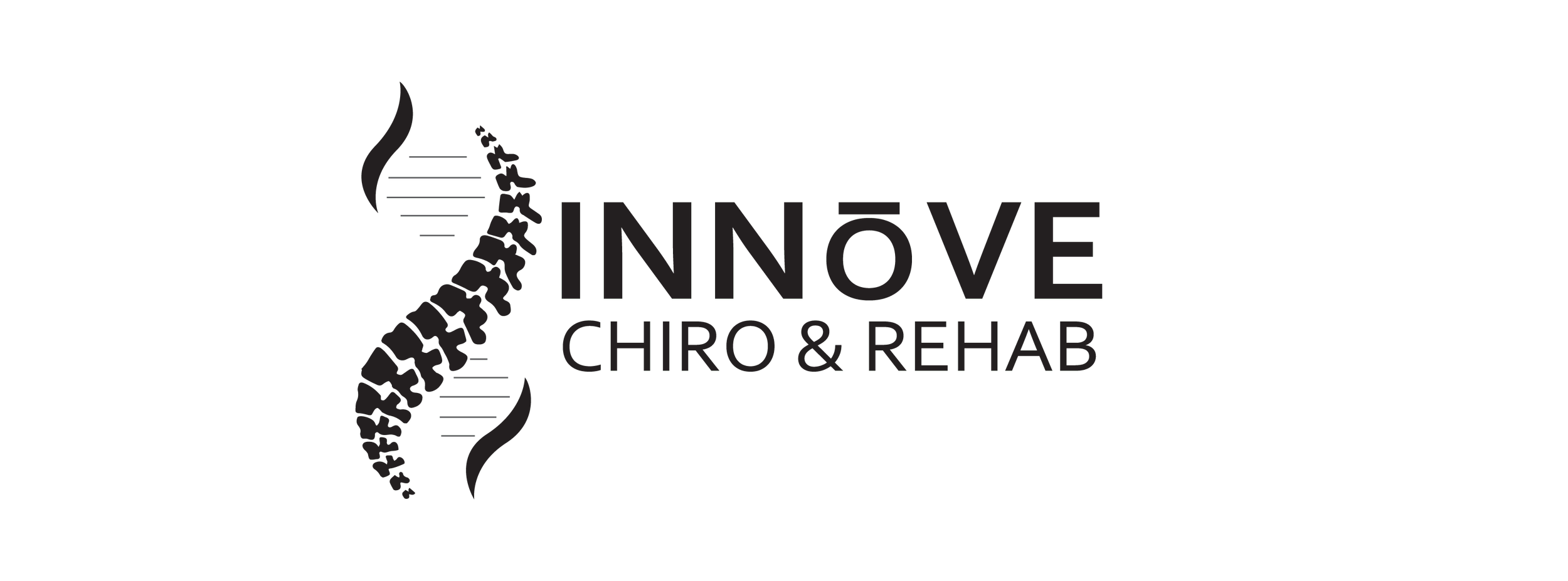Balancing Your Body With Adaptogens
Adaptogens are substances that are commonly found in different herbs and are known for their ability to help the body respond to stress. Dietary supplementation with different adaptogens is becoming more and more popular to help people promote an optimal feeling of well being as well as improve many other functions.
To be classified as an adaptogen, the substance must be non-toxic and help the body respond to stress while improving both mental and physical function. Common stressors that we are faced with every day include emotional stress, temperature stress (hot and cold), physical stress (exercise, injury, etc.), and mental stress. Adaptogens function by improving the body's ability to balance out these stressors and return to a state of homeostasis (balance of internal environment).
These compounds have been around and in use for hundreds of years but the term "adaptogen" is only recently becoming popular to describe their unique abilities. Many different herbs may fall under the adaptogen category with some being more widely accepted as having proven adaptogenic properties. Although more research needs to be done on adaptogens, some of their benefits have a good amount of scientific evidence to be confident in their abilities.
Here are some of the most common adaptogens and what the research says about them:
Panax Ginseng:
Ginseng is one of the most popular herbal medicines and dietary supplements which can improve the cellular response and tolerance to stress Ginseng has been regarded as the "King of all Herbs" due to it's balancing properties (1). One systematic review found that ginseng may be very beneficial in balancing blood sugar in type 2 diabetes, improving respiratory conditions, and balancing out the immune system (2). Studies have also shown ginseng to improve brain power (3,4), improve symptoms in men with erectile dysfunction (5), and improve mood and overall sense of well-being (3,6).
Ashwagandha
Native to India, Ashwagandha is a traditional Ayurvedic herb that is several hundreds of years old. It is an herb with very impressive adaptogenic and anti-stress properties. It is commonly used to improve mood, prevent anxiety, and reduce overall mental and emotional stress. Ashwagandha has been found to be useful in neurodegenerative diseases like Parkinson's, Huntington's, and Alzheimer's disease and also has brain-boosting effects that promotes learning and the formation of new memories. It has been found to be useful in people with arthritis and as a adjuvant to chemotherapy in cancer patients (7). In addition to the treatment of common conditions, Ashwagandha has good evidence for improving exercise performance which includes a 2015 study that found 300mg of Ashwagandha twice a day improves strength and muscle mass more than placebo in males beginning strength training routines (8).
Maca Root:
Maca is an adaptogenic plant in the broccoli family and the root has been shown to improve sex hormone production, and sexual function (9).
Astragalus:
A traditional Chinese medicinal herb, astragalus exhibits its adaptogenic effects by reducing inflammation and the effects of aging. It has also been shown to activate the cells of the immune system (10).
Rhodiola Rosea:
The second most popular adaptogen behind panax ginseng, rhodiola rose is commonly used to prevent fatigue. In addition to preventing fatigue, it has also been shown to reduce stress (11), improve cognitive brain power (12), reduce symptoms of depression (13), and improve overall well-being (11).
When used correctly, adaptogens can be incredibly beneficial to help the body respond to stress. There is a good amount of research showing their efficacy in the management and improvement of symptoms in many conditions. If you decide to try using an adaptogen, it is important to check drug interactions if you are on medications because many of adaptogens can affect or be affected by other substances. As always it is important to consult a healthcare provider before beginning any new diet or supplement.
